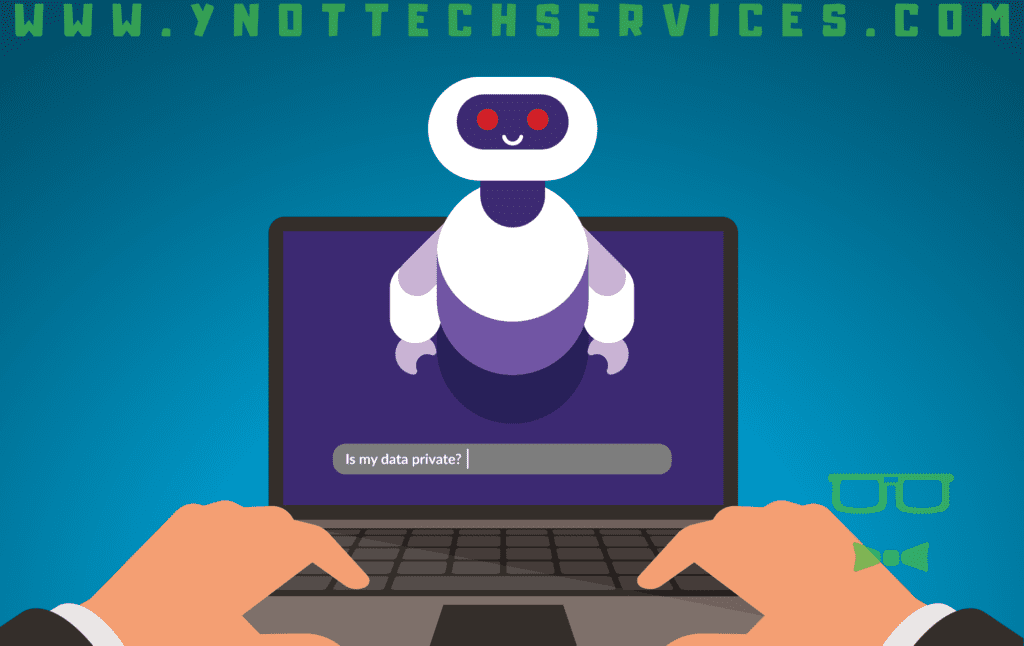Things Businesses Shouldn’t Share with AI Chatbots
AI chatbots can offer several benefits to businesses, as the technology can help you automate and expedite many business tasks, but be cautious about the information you share with AI chatbots.
Ways AI Chatbots Help Businesses
AI chatbots have gained popularity with businesses looking to streamline tasks. After all, this powerful tech can help businesses:
- provide 24/7 customer support, handling a wide range of customer inquiries and issues – chatbots can answer frequently asked questions, provide product information, and assist with troubleshooting;
- engage with website visitors and start conversations to gather information and qualify leads;
- automate repetitive and mundane tasks, which might include order tracking, appointment scheduling, and form filling;
- analyze customer preferences and behavior to provide personalized recommendations;
- identify upselling and cross-selling opportunities based on customer interactions;
- gain insights into customer preferences, buying patterns, and pain points, which could help market research, product development, and targeted marketing campaigns;
- handle a high volume of inquiries and engage with customers during peak times;
- save on employee salaries, training, and infrastructure.
But be wary of what information you’re sharing with AI chatbots to gain these benefits.
Why Limit Chatbot Access to Your Data?
AI chatbots help, but keep in mind that anything you put on the platform is shared with a private company. That company may also share your data with third parties.
Additionally, they store data on servers, which makes it vulnerable to hacking attacks.
Plus, as the chatbot is always learning, it could in fact learn from your data. ChatGPT, Bard, Bing AI, and others all rely on AI language models. The platform might inadvertently use your data to inform its answers to other users, even your competitors.
What Not to Share with AI Chatbots
Avoid sharing sensitive customer or employee information. This includes social security numbers, credit card details, and personal health information. Submitting this type of data risks confidentiality, and you may fail to comply with security and privacy regulations.
Protect your financial information as well. You might want to use a chatbot as an advisor. The company may claim to anonymize your data, but a cybercriminal could still get what they need.
Proprietary code or strategic business plans should also stay out of AI chatbots. In one publicized case a Samsung employee used ChatGPT and disclosed sensitive code.
Employees might also use AI chatbots to summarize meetings or handle repetitive tasks. Make sure that they don’t unintentionally leak sensitive data when doing so.
Finally, don’t share passwords online. That includes AI chatbots. Entering personal information compromises your privacy and security online.
Keep Your Chatbot Relationships Professional
Balancing automated AI chatbot interactions and human involvement is key. Contact our tech experts to discuss how AI chatbots can safely benefit your business. Contact us today:



